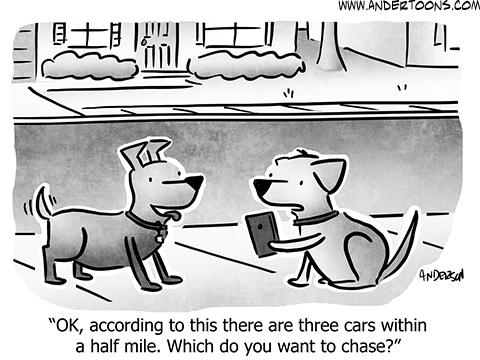Have you recently adopted a new animal companion? Having them properly identified is one of the most important steps for a lifetime of health and safety! Below, your Sale Creek, TN vet answers some of your most frequently asked questions regarding microchips.
What Are Microchips and How Do They Work?
If you’re new to pet ownership, you may have never heard of identification microchips. They’re tiny computer chips that contain a number, implanted electronically. This number corresponds with a database, where your pet’s contact information is stored. The chip is implanted under your pet’s skin, allowing veterinary professionals and shelter staff members to scan the chip when a lost pet is relinquished to their facilities.
Why Bother Getting My Pet a Microchip?
You may wonder what’s wrong with ID tags hanging from your pet’s collar. There’s nothing wrong with ID tags, but microchips do offer several distinct advantages. In fact, many pet owners use microchips and ID tags at the same time for maximum effectiveness!
Microchips can’t be removed by your pet, the way a collar with ID tags might be able to be chewed off or ripped away accidentally. This gives you peace of mind—even if your pet escapes without warning, you’ll know they’re properly identified.
Another benefit of the microchip is that it’s cost-effective. You only have to purchase one, and they’re inexpensive. Even if you move or get a new telephone number later in life, you don’t have to purchase another chip—simply contact the microchip manufacturer to update your information.
What’s the Procedure Like? Is There Any Risk?
The microchip itself is housed in a small glass capsule, and the whole unit is about the size of a large grain of rice. The capsule is then inserted under your pet’s skin using a specialized syringe-like device. It only takes a moment or two before the procedure is over, and all your pet will feel is a momentary pinch. It’s much like a regular vaccination!
The microchipping procedure is virtually risk-free. There is a chance of some minor swelling or irritation at the site of injection, but these symptoms usually dissipate entirely on their own.
How Do I Get My Pet Microchipped?
Would you like to know more about microchips and the benefits they offer pets? Ready to have your animal companion outfitted with one? Set up an appointment to see your Sale Creek, TN veterinarian.











